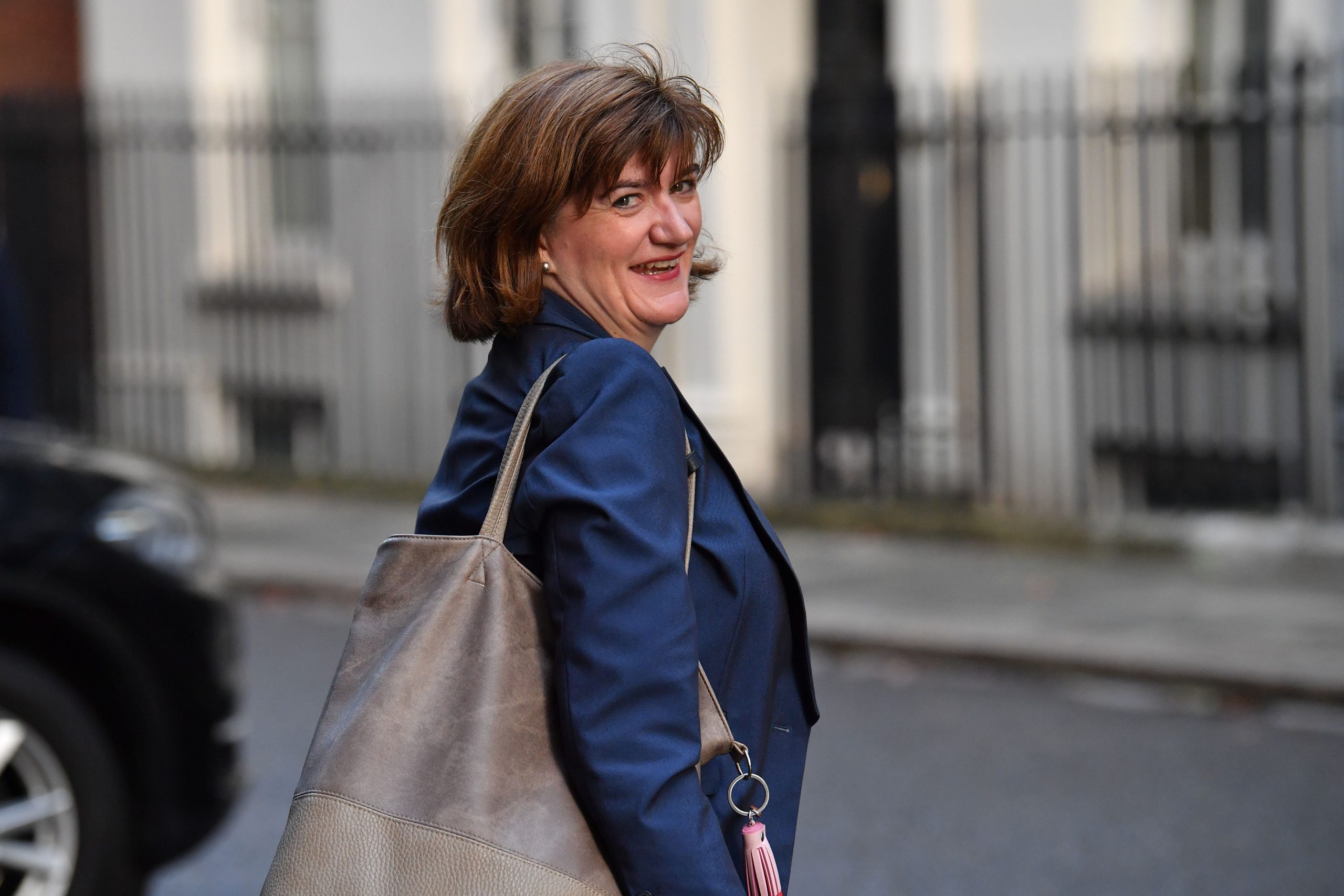
Nicky Morgan has announced that she will stand down from the cabinet and the parliamentary party at the next election, becoming the 20th Conservative – and the ninth Conservative woman – to announce their retirement.
It’s that latter statistic – 19 women are stepping down, many more than we’d expect – that is alarming many at Westminster, despite being proportional to the number of women in parliament as a whole. This is because until David Cameron and Theresa May both made it their personal political priority to redress the gender balance of the Conservative Parliamentary Party, there weren’t that many female Tory MPs.
These aren’t the usual retirements of successful politicians in the autumn of their careers – we’re not looking at the female equivalents of long-term frontbenchers like Ken Clarke, Michael Fallon, and David Lidington, but highly rated young women like Seema Kennedy, Claire Perry, and Morgan herself, all of whom might have credibly led their party one day.
British Future’s Sunder Katwala has crunched the numbers, which confirm that anecdotal impression: the average age of a retiring Conservative man is 64, of a retiring Labour man is 65, of a retiring Labour woman 67, and of a retiring Conservative woman is 50.
That latter number is younger than Boris Johnson, Theresa May, Gordon Brown, Margaret Thatcher, Jim Callaghan were when they reached the summit of British politics, and only a touch older than Harold Wilson (48) and John Major (49) were when they did. There is something significant happening to women elected under Conservative colours.
Part of that, as Ailbhe explains well here, is the toxic atmosphere faced by all politicians in growing numbers. The statistical story, that women MPs receive more abuse than male MPs is well-known. But gender is, I think, something of a false correlation here: the big reason why so many young, promising Conservative women are standing down is that the Conservative Party has changed.
If you’re a female Conservative MP then more likely than not you were first elected under David Cameron, whether in the wave year of 2010 or the majority year of 2015. That was a very different political party – economically and socially liberal, committed to our membership of the single market, financially austere – to the party you’re being asked to swear loyalty to in 2019: authoritarian on crime, committed to a very hard Brexit, borrowing and spending freely.
What these retirements have far more in common with is the exit of Owen Smith, a Labour MP who we might have expected in different circumstances to have a long front-bench career ahead of him, but who has grown alienated from a party that is radically different from the one that first elected him.






